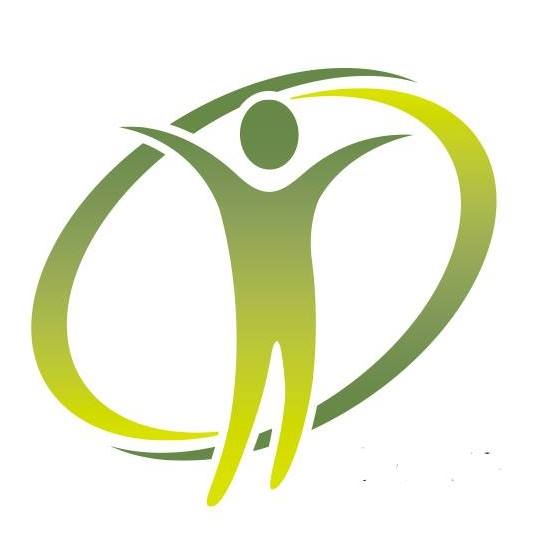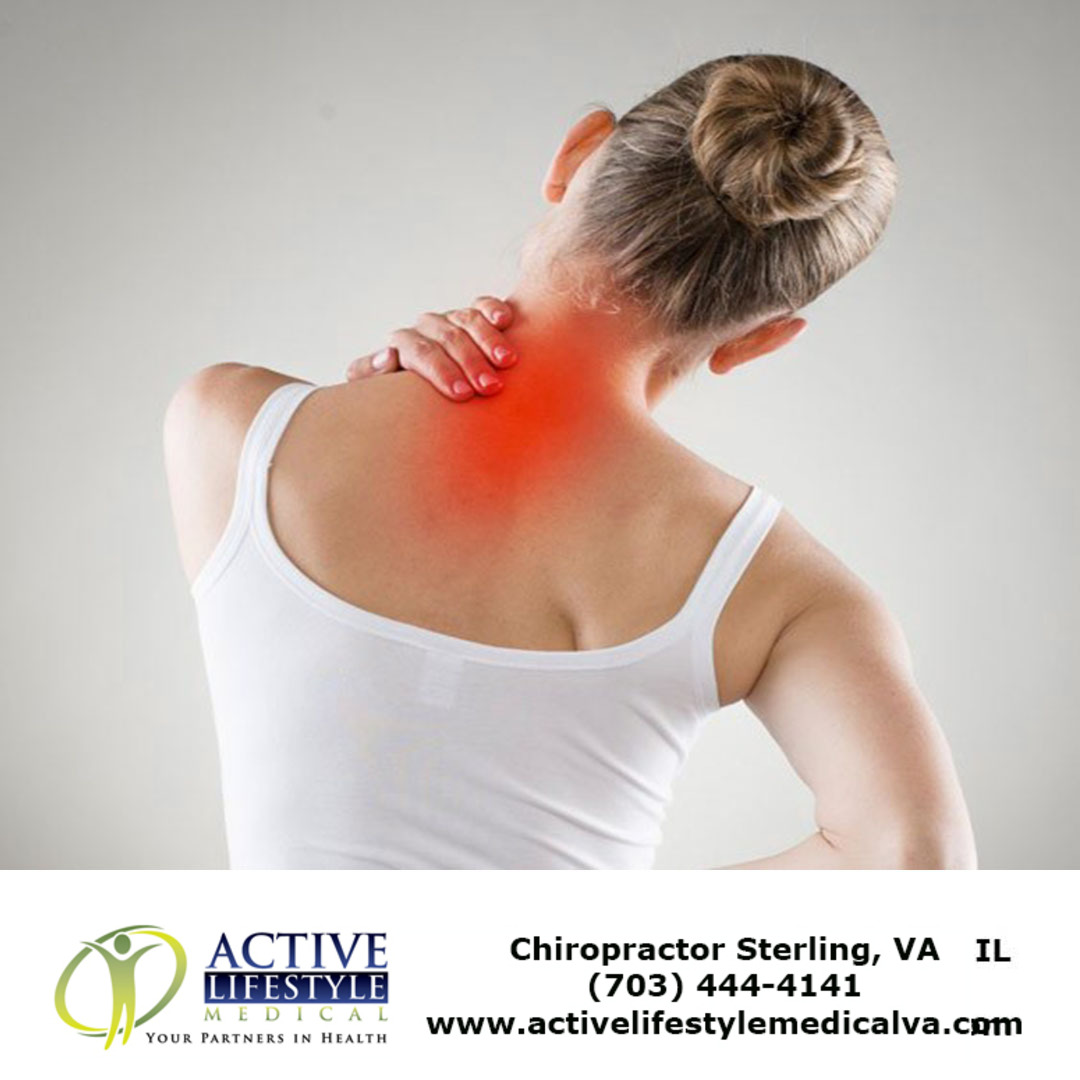Alternative medicine describes practices that aim to accomplish the healing effects of standard medicine, yet that generally do not have biological plausibility, testability, repeatability, or sustaining evidence of effectiveness. Such practices are normally not component of evidence-based medication. Unlike contemporary medicine, which utilizes the clinical technique to examine probable treatments using liable and honest medical trials, producing repeatable evidence of either effect or of no result, alternative treatments stay outside of mainstream medication and do not originate from using the scientific approach, but rather count on testimonies, narratives, faith, custom, superstitious notion, belief in supernatural "energies", pseudoscience, errors in reasoning, publicity, fraud, or various other unscientific resources. Frequently made use of terms for relevant techniques are New Age medication, pseudo-medicine, unorthodox medication, alternative medicine, edge medicine, and unusual medicine, with little distinction from quackery. Some different practices are based on concepts that contradict the recognized scientific research of exactly how the body jobs; others appeal to the mythological or superstitious notions to discuss their effect or lack thereof. In others, the method has reliability but does not have a favorable risk–-- benefit outcome chance. Research study right into different treatments typically fails to adhere to correct study procedures (such as placebo-controlled tests, blind experiments and estimation of prior likelihood), supplying void results. Background has actually revealed that if a method is verified to work, it eventually discontinues to be different and comes to be traditional medication. Much of the viewed result of a different method emerges from an idea that it will certainly work, the placebo result, or from the treated problem dealing with on its own (the all-natural program of illness). This is additional intensified by the propensity to turn to alternate treatments upon the failure of medicine, at which point the condition will go to its worst and most likely to automatically improve. In the absence of this predisposition, particularly for diseases that are not anticipated to improve by themselves such as cancer or HIV infection, multiple researches have actually shown substantially worse end results if clients transform to different therapies. While this may be due to the fact that these patients avoid reliable therapy, some different therapies are actively hazardous (e. g. cyanide poisoning from amygdalin, or the deliberate intake of hydrogen peroxide) or proactively interfere with efficient therapies. The natural medicine market is an extremely rewarding sector with a solid lobby, and deals with much less regulation over the use and advertising of unverified therapies. Corresponding medication (CM), corresponding and natural medicine (WEB CAM), incorporated medicine or integrative medication (IM), and alternative medication effort to incorporate alternative exercise with those of mainstream medication. Standard medicine practices come to be "alternative" when made use of outside their original settings and without correct clinical explanation and evidence. Different approaches are often marketed as even more "natural" or "alternative" than approaches offered by medical science, that is occasionally derogatorily called "Huge Pharma" by advocates of natural medicine. Billions of bucks have actually been invested examining natural medicine, with few or no favorable outcomes and several techniques extensively disproven.
.



